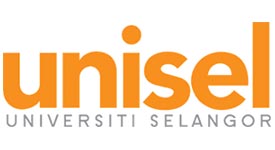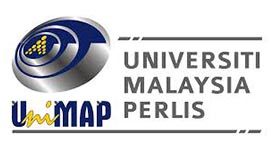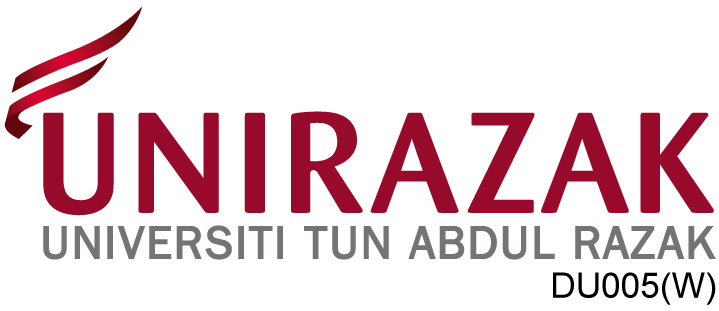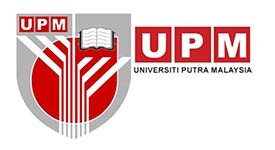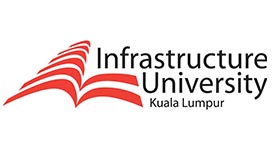Best Destination in the World Study in Malaysia

Know more about Malaysia
Discover Malaysia
Malaysia is a country in Southeast Asia. It is a country that has a federal constitutional monarchy comprising 13 states and 3 federal territories that are separated by the South China Sea. It is divided into two regions as Peninsular Malaysia and Borneo's East Malaysia. Peninsular Malaysia shares a land and maritime border with Thailand and maritime borders with Singapore, Vietnam, and Indonesia whereas East Malaysia share land and maritime borders with Brunei and Indonesia. It has a maritime border with the Philippines and Vietnam. The capital of the Malaysian nation is Kuala Lumpur. It is the largest city whereas Putrajaya is the seat of the federal government. Malaysia is a country with a population of over 32 million and is the world's 43th-most populous country.
Malaysia is a multi-ethnic and multi-cultural country with large minorities of Chinese, Indians, and indigenous peoples. Islam is the country's established religion and so the constitution grants freedom of religion to non-Muslims. The Malaysian government is carved on the parliamentary system of Westminster and the legal system based on common law. Yang di-Pertuan Agong is an elected monarch known as the head of state chosen from the hereditary rulers of the nine Malay states every five years. The head of the Malaysian government is the Prime Minister of Malaysia. GDP of Malaysia has grown at an average of 6.5% per annum for almost 50 years, after independence. The economy of the country is based on natural resources and expanding sectors such as science, tourism, commerce, and medical tourism. Malaysia ranked the 3rd largest country in Southeast Asia with a newly industrialized market economy and 33rd-largest in the world. Malaysian country is the founding member of ASEAN, EAS, OIC, and a member of APEC, the Commonwealth, and the Non-Aligned Movement.
States in Malaysia with its capital
- Johor (Johor Bahru)
- Kedah (Alor Setar)
- Kelantan (Kota Bharu)
- Malacca (Malacca City)
- Negeri Sembilan (Seremban)
- Pahang (Kuantan)
- Penang (George Town)
- Perak (Ipoh)
- Perlis (Kangar)
- Sabah (Kota Kinabalu)
- Sarawak (Kuching)
- Selangor (Shah Alam)
- Terengganu (Kuala Terengganu)
Federal Territories
The following are the Federal Territories in Malaysia
- Federal Territory of Kuala Lumpur
- Federal Territory of Labuan
- Federal Territory of Putrajaya



